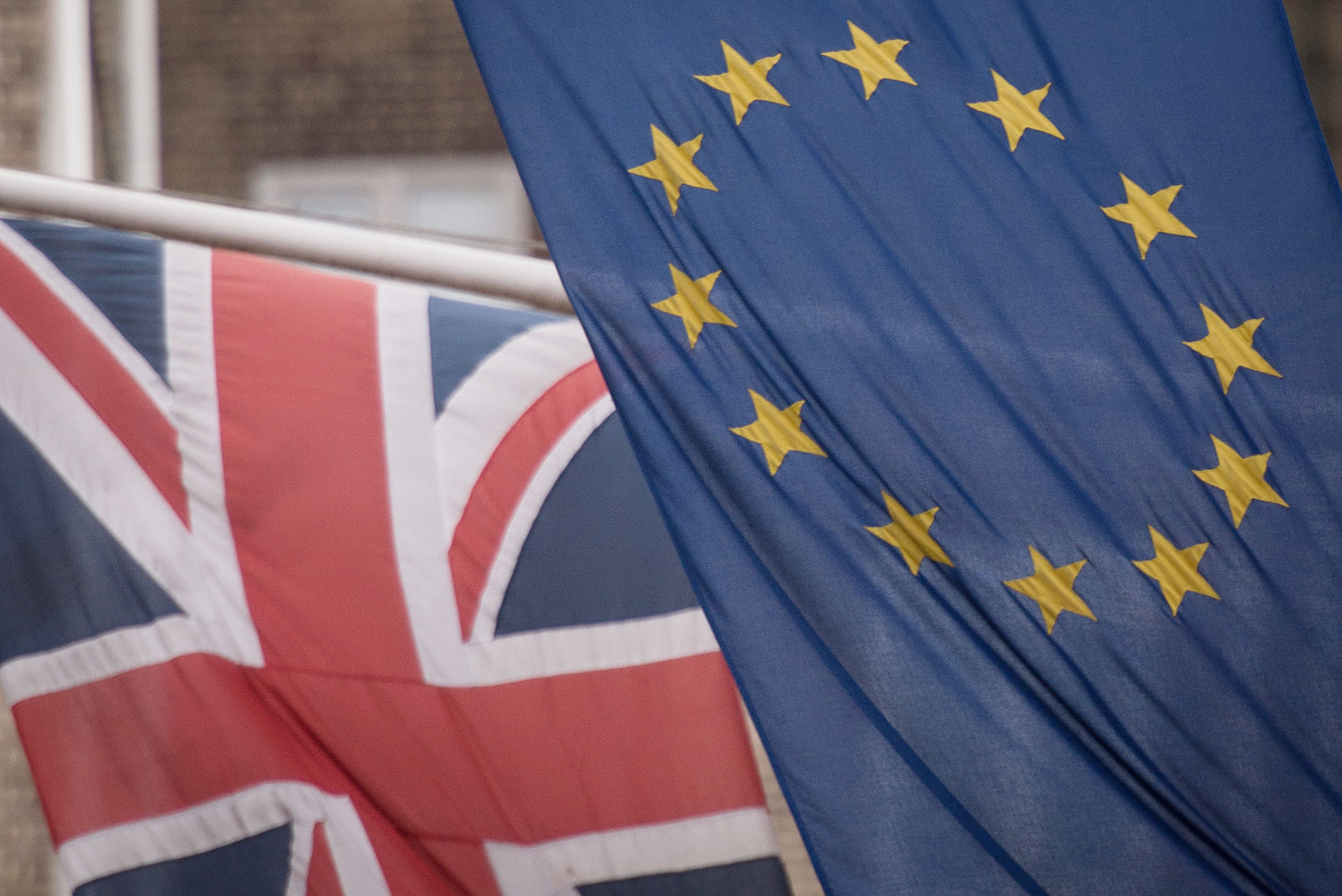
THE UK can unilaterally revoke its withdrawal from the EU, according to a European Court of Justice advocate general’s legal opinion.
Manuel Campos Sanchez-Bordona rejected the contention that Article 50 only allows the possibility of revocation following a unanimous decision of the European Council.
Instead, he said Article 50 allows the “unilateral revocation of the notification of the intention to withdraw from the EU, until such time as the Withdrawal Agreement is formally concluded”.
The case to decide whether an EU member state such as the UK can decide on its own to revoke the Article 50 withdrawal process, or whether the agreement of the 27 other member states would be required, was brought by a cross-party group of Scottish politicians.
A statement from the ECJ said: “In answer to the question from the Scottish court, the Advocate General proposes that the Court of Justice should, in its future judgment, declare that Article 50 TEU allows the unilateral revocation of the notification of the intention to withdraw from the EU, until such time as the Withdrawal Agreement is formally concluded, provided that the revocation has been decided upon in accordance with the member state’s constitutional requirements, is formally notified to the European Council and does not involve an abusive practice.”
The opinion, which is not binding on the court, comes just a week after the case was heard at the ECJ following a referral from Scotland’s highest civil court, the Court of Session.
A judgment by the court will take place at a later date.
Those who brought the case argue unilateral revocation is possible and believe it could pave the way for an alternative option to Brexit, such as a People’s Vote to enable remaining in the EU.
Legal representatives for the UK Government believe the case is inadmissible as it deals with a hypothetical situation, since the Government’s policy is not to revoke Article 50.
Lawyers representing the Council of the European Union and from the European Commission argue revocation is possible but would require unanimous agreement from all member states.
The case was brought forward in February by a group of Scottish politicians – Labour MEPs Catherine Stihler and David Martin, Joanna Cherry MP and Alyn Smith MEP of the SNP, and Green MSPs Andy Wightman and Ross Greer, together with lawyer Jolyon Maugham QC, director of the Good Law Project.
Their request for the Court of Session to refer the question of whether Article 50 can be unilaterally revoked to the ECJ was initially refused, before that ruling was overturned on appeal.
Two attempts by the UK Government, which is contesting the case, to appeal against the referral to the European court were rejected.
At the hearing last week, Aidan O’Neill QC, representing the politicians who brought the case, said they need to know all their options on Brexit, including whether the UK can unilaterally halt the process ahead of critical votes on the withdrawal agreement.
Advocate General for Scotland Lord Keen QC, representing the UK Government, said the case is a “hypothetical validity challenge” and those behind it seek “political ammunition to be used in, and to pressure, the UK Parliament”.
Hubert Legal, representing the Council of the European Union, said allowing unilateral withdrawal could lead to “disaster”, of which “the main victim could be the European project altogether”.
He said Article 50 is “not ambiguous”, adding: “The prerogative of acting alone will have been exhausted by putting the notification letter on the council’s table.”

Enjoy the convenience of having The Sunday Post delivered as a digital ePaper straight to your smartphone, tablet or computer.
Subscribe for only £5.49 a month and enjoy all the benefits of the printed paper as a digital replica.
Subscribe